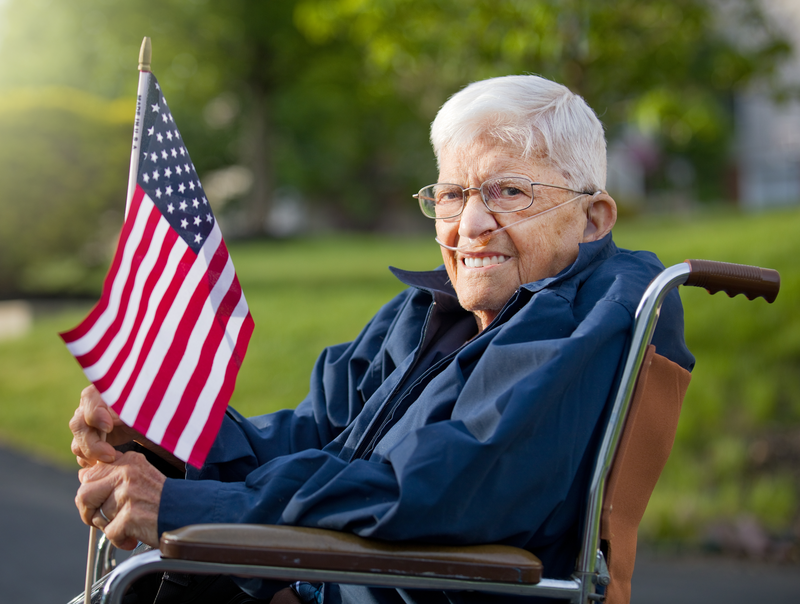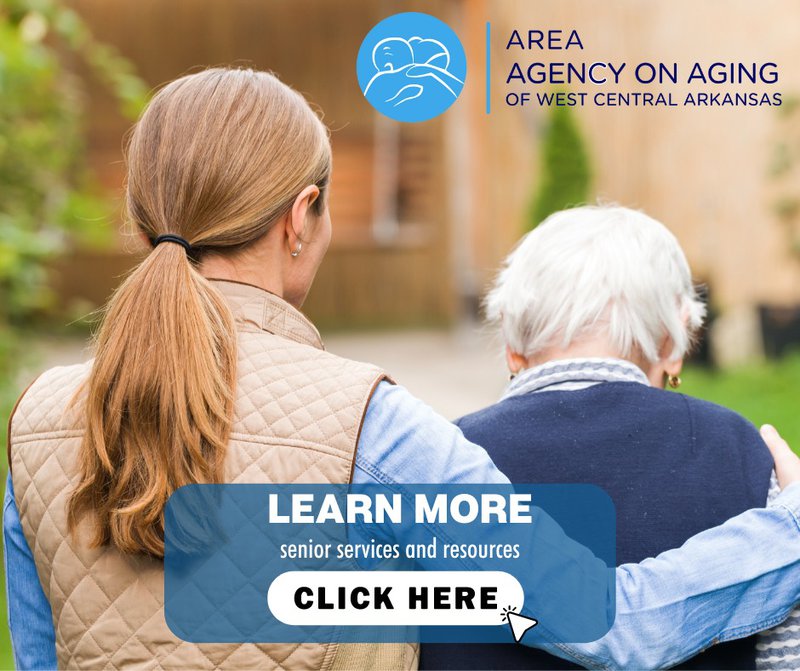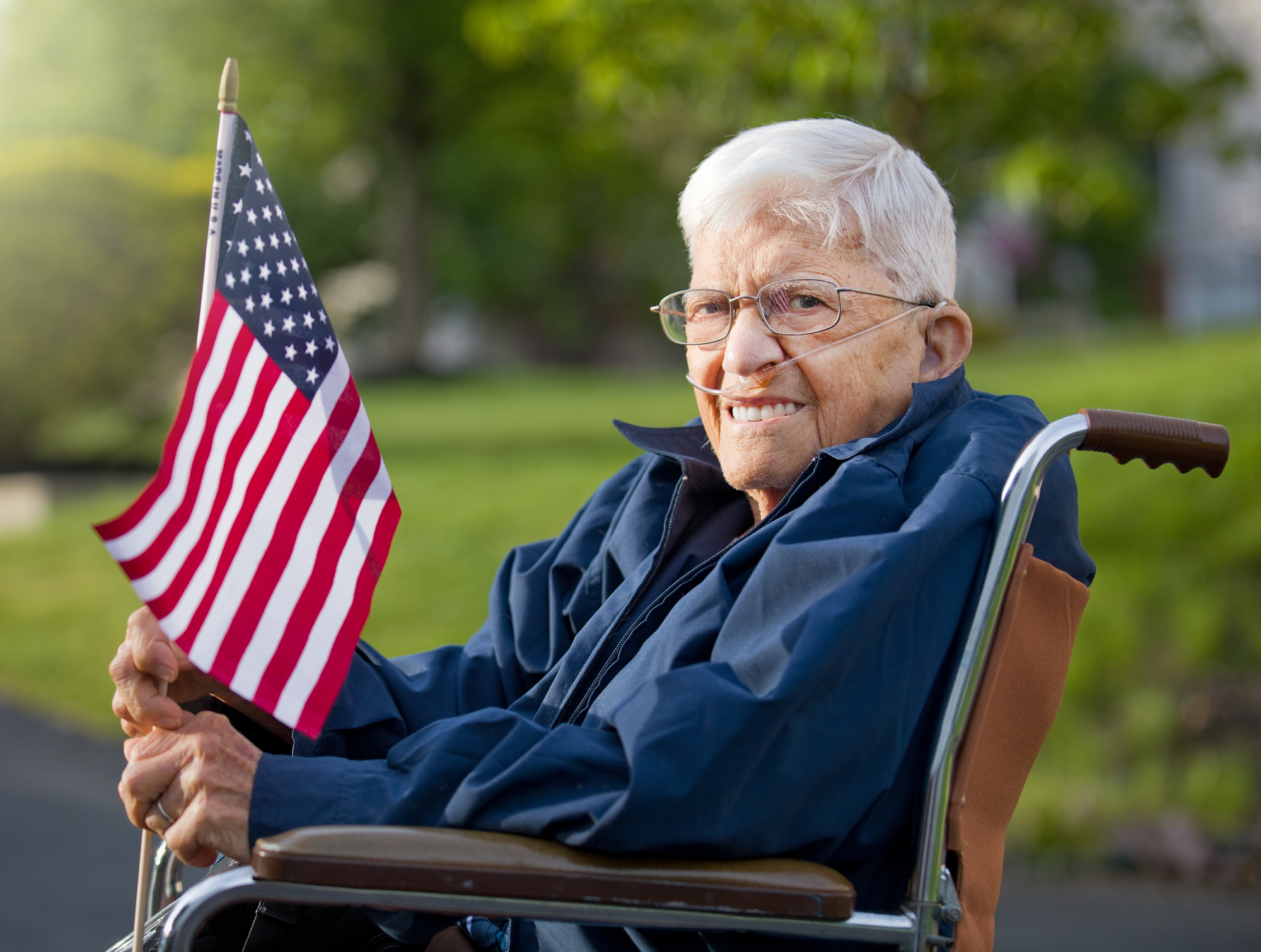The Department of Veterans Affairs (VA) offers a range of programs that can help veterans pay for care in their own homes. With an aging veteran population and the increasing need for long-term care, it's essential to know if the VA covers the cost of in-home care and what options are available.
Whether you are a veteran who is recovering from an injury or illness, or you need long-term care as you age, the VA may be able to help. We'll explore VA aid and benefits for in-home care in this blog and how to access them.

Assisted Living for Veterans
VA aid and benefits refer to the financial and other forms of assistance provided by the VA to eligible veterans and their families.
Compensation for Service-connected Disabilities:
Disabled veterans may receive a tax-free benefit to offset loss of income due to disability caused by military service.
Pension for Low-income Wartime Veterans:
Veterans who served during a period of war and have a limited income may be eligible for a tax-free monetary benefit to help them meet basic needs.
Education and Training Assistance:
The VA offers a variety of education and training programs, including the Post-9/11 GI Bill, which provides financial assistance for education and training to eligible veterans and their family members.
Home Loan Guarantees:
Another VA aid and benefits is the offer of a home loan program that provides eligible veterans with a loan guarantee, making it easier for them to purchase a home.
Life Insurance:
The VA offers a variety of life insurance options to eligible veterans and their families.
Health Care:
The VA provides various medical services to eligible veterans, including primary care, specialty care, and mental health care.
Aid and Attendance Benefit:
Aid and Attendance benefit covers assisted living, in-home care and other long-term care expenses. The Aid and Attendance benefit is a tax-free monetary benefit that is paid in addition to the basic VA pension. It helps veterans and surviving spouses who need regular assistance with daily activities such as bathing, dressing, or feeding.
Eligibility Criteria:
The eligibility criteria for the Aid and Attendance benefit are based on the veteran's or surviving spouse's income, assets, and medical condition. It helps veterans and surviving spouses who need assistance with daily activities.
VA Assisted Living Benefits:
VA assisted living benefits refer to the financial and other forms of assistance provided by the VA to eligible veterans and their families to help cover the costs of assisted living facilities. The VA offers several benefits that veterans and their surviving spouses may be eligible for to help pay for assisted living expenses.
VA Pension:
Designed for eligible low-income veterans, this benefit provides a tax-free pension. Recipients can use the benefit money to pay for assisted living expenses at their discretion.
Survivors Pension:
Like the VA Pension, the Survivors Pension offers a tax-free pension to low-income surviving spouses or dependents. Payments are typically based on financial need, the veteran’s wartime service, and other factors.
VA Disability Compensation:
This is a monthly tax-free payment made to veterans who became sick or injured during their time in the military or had an existing condition aggravated by their military service. This benefit is not based on financial need and can be used to cover assisted living expenses.
VA Health Benefits:
Sick or disabled veterans may have access to select long-term care services through VA health benefits. Some of these long-term care services may be covered through the standard health benefits available through VA health care for enrolled veterans. Copays and other fees may apply.
It's important to note that the VA's assisted living benefits may vary depending on the veteran's individual circumstances, such as their income and service-connected disabilities. It's also worth noting that these benefits may be subject to change, so it's important to stay informed and stay in contact with the VA to ensure that you receive all the benefits you are eligible for.
For more information on the VA's assisted living benefits, you can visit the VA's website.
In-home Healthcare Service
In-home care is a type of healthcare service that is provided to individuals in their own homes, rather than in a hospital or other care facility. This can include a wide range of services such as personal care (e.g. help with bathing, dressing, grooming), homemaking (e.g. cleaning, laundry, meal preparation), and medical care (e.g. administering medication, wound care, monitoring vital signs). In-home care helps maintain independence and health.
In-home care can be provided by a variety of healthcare professionals, including nurses, home health aides, and therapists. Personal care aides or homemakers can also provide in-home care services. The type of care provided will depend on the individual's needs and preferences. Some people may only require occasional assistance with certain tasks, while others may need more frequent and extensive care.
In-home care can be paid for through private insurance, Medicaid, Medicare or veterans benefits, or through out-of-pocket expenses. It's important to check with your insurance provider to find out what in-home care is covered and how to access it.
The VA provides nursing home care to eligible veterans through three different settings:
Community Living Centers (CLCs):
VA-operated nursing homes that provide veterans with nursing home care as well as rehabilitation services.
State Veterans Homes:
State-operated nursing homes that provide veterans with nursing home care as well as rehabilitation services.
Contracted Nursing Homes:
Private nursing homes that contract with the VA to provide veterans with nursing home care.
Eligibility for VA nursing home care is determined by factors such as income, service-connected disability, and the availability of VA resources. Veterans with a service-connected disability rated at 70% or higher are generally given priority for VA nursing home care. However, veterans with a lower disability rating may also be eligible if they meet certain income and asset requirements.
Food Being Delivered to Their Home
Meals on Wheels, also known as home-delivered meals for seniors, delivers nutritious meals to the homes of older adults who cannot prepare meals for themselves. The program aims to help seniors maintain their health and independence while providing them with social interaction through regular meal deliveries. Local community organizations, such as non-profit organizations, faith-based groups, and government agencies, prepare these meals. These meals typically include a main course, a side dish, a dessert, and a milk carton. Volunteers deliver these meals and check on the well-being of the senior citizens. Meals are customized to suit the dietary needs of seniors with health conditions such as diabetes, heart disease, and renal failure.
Funding for Meals on Wheels programs comes from a combination of federal, state, and local funds and donations from individuals and organizations. Eligibility for the program varies by area and by the specific program and typically is based on factors such as age, income, and level of need. While some programs are open to any senior who requests meals, others have more specific eligibility requirements.
Home Modification Services
Home modification services refer to the changes made to a veteran's home to accommodate their physical or mobility needs. These modifications can include things like installing grab bars, building ramps, and making bathrooms accessible. The goal of home modification services is to help veterans remain safe and independent in their own homes, even if they have physical limitations or disabilities.
VA provides financial assistance for home modification services through its Aid and Attendance and Housebound Benefits program. This program provides eligible veterans with a tax-free pension to help cover the costs of necessary home modifications and other expenses associated with in-home care.
Conclusion
In conclusion, the VA does provide financial assistance for veterans to receive care in the home. This can include in-home health care services, homemaker services, and home modification services. However, it is important to note that the specific types of care and the amount of financial assistance provided may vary depending on the individual veteran's circumstances. If you are a veteran or the family member of a veteran and are interested in learning more about the VA's home care benefits, we recommend contacting The Senior Specialists at Area Agency on Aging of West Central Arkansas for more information and assistance with the application process.


Looking for information on health care in the home for disabled veteran and spouse
Will need home health care Rehab and assisted care.
Looking for assistance to pay for homemaker aid.